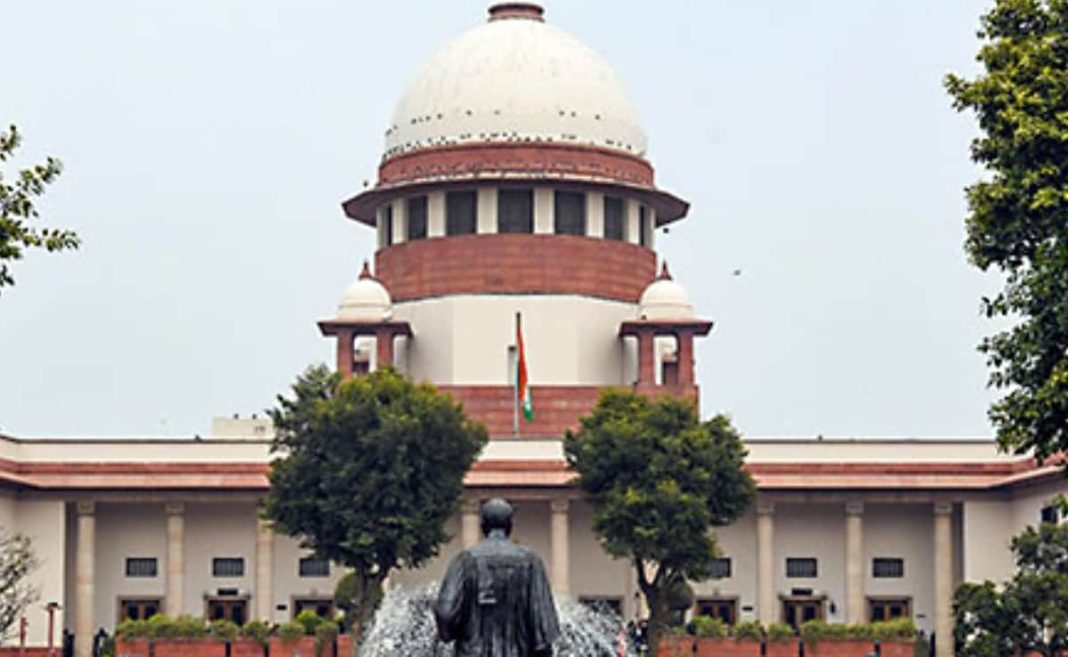In a significant ruling, the Supreme Court of India has directed the Indian Army to compensate the widow of a soldier with Rs 50,000 following a dispute over the benefits of a Liberalised Family Pension (LFP). This decision came after the soldier, who participated in Operation Rakshak in Jammu and Kashmir, passed away under challenging circumstances in January 2013.
A bench led by Justice Abhay S. Oka addressed a special leave petition filed by the Union government contesting an order from the Armed Forces Tribunal (AFT) that granted the soldier’s widow certain pension benefits. The court criticized the Union government for prolonging the widow’s struggle, highlighting that she should not have been compelled to seek justice at such a high level.
The soldier, while engaged in an ‘Area Domination Patrol’ in a region near the Line of Control, began experiencing severe breathlessness due to the extreme climatic conditions. A regimental medical officer assessed his deteriorating condition, which was deemed critical at that time. Unfortunately, due to inclement weather conditions, he was unable to be air-evacuated and had to be evacuated on foot. His eventual death was attributed to cardiopulmonary arrest. Initially, his demise was classified as a “battle casualty,” but it was later reclassified as a “physical casualty” connected to military service.
Following his death, the soldier’s widow received all terminal benefits, including a special family pension. However, she found herself contesting the denial of the Liberalised Family Pension, prompting her to appeal to the AFT. In August 2019, the AFT ruled in her favor, ordering the Indian Army to grant her the LFP along with an ex-gratia lump sum amount normally assigned for battle casualties.
During the proceedings before the Supreme Court, the respondent authorities argued that the AFT’s determination was misguided, stressing that the soldier’s death was attributable to a physical casualty due to cardiopulmonary arrest, and thus he was only eligible for a special family pension.
The Supreme Court, however, noted that the initial classification of the soldier’s death as a “battle casualty” was significant, especially considering the conditions he faced during his service. It was also noted that the commanding officer’s certificate confirmed that he was deployed in harsh climatic conditions at the time of his death. As a result, the court concluded that the circumstances surrounding his death could indeed be attributed to illness stemming from these extreme conditions, categorizing it under “Battle Casualties.”
In its ruling, the top court rejected the Union government’s appeal, affirming the AFT’s judgment, and ordered that the directives be implemented within three months. Furthermore, it mandated that the authorities pay the widow the quantified costs of Rs 50,000 within two months, thereby underscoring the court’s commitment to uphold the rights and dignity of the families of those who serve in the armed forces.







